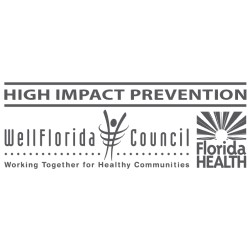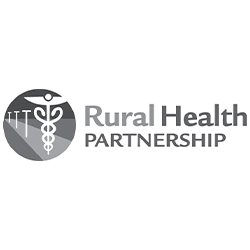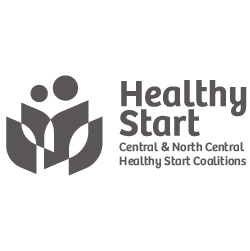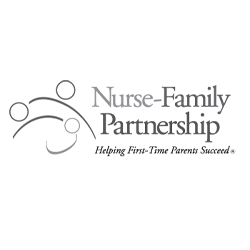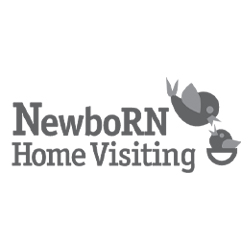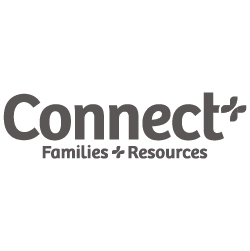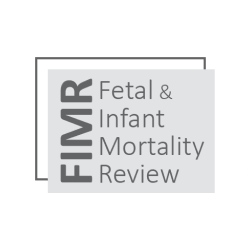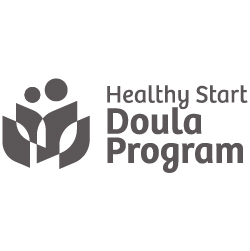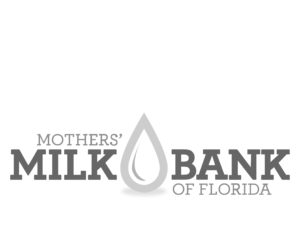Kendra Siler-Marsiglio: How to access and protect medical records
Special to The Gainesville Sun, February 21, 2012
Imagine you learned last year that you had a life-threatening allergy to a common medication. This year you arrive in an emergency room, unconscious, and the medication you’re allergic to is a common treatment option.
If the doctors treating you do not have access to your medical records, then they might give you the drug you’re allergic to. If your doctors do have access, they could make an informed choice—preventing harm to you.
That’s the point of allowing health care providers to exchange electronic health information. Secure electronic health information exchange (HIE) will become more common as Congress plans to require health care providers to share information that will help improve the quality of care patients receive while helping to slow health care cost increases.
According to a December 2011 Centers for Medicare and Medicaid Services report, fewer than 16,000 of the nation’s physicians (about 3 percent) were using electronic health records as outlined in federal health information technology legislation.
Palms Medical Group, with its physicians in that elite crowd, is slated to transition to HIE over the next several months. According to Anita Riels, chief executive officer of Palms Medical Group, “We’re already seeing the benefits of using technology to deliver better health care. Though we serve predominantly rural areas in North Florida, we’ll be using HIE to connect with hospitals and health care providers in Gainesville and other communities to share patient information; wherever our patients may be, whenever they need it.”
CommunityHealth IT, a non-profit group based in Gainesville, is coordinating Palms’ transition to HIE and is tasked with coordinating the HIE system in a 14-county region.
The HIE benefits patients several ways:
* They increase safety by reducing the risk of medical errors and improving care.
* They improve communications among your medical providers.
* They empower you to be a more active participant in your health care.
One of the best ways for you to participate in your health care, and the HIE, is to use CommunityHealth IT’s Personal Health Record. It’s free, and it allows you to access important health information about you; such as your lab test results, medications, medical reports, and allergies.
You can also see which of your doctors are exchanging your health information and when. Patients can learn more about and register for the personal health record (PHR), powered by RelayHealth, at https://app.relayhealth.com/patients/registration.aspx/.
“The personal health records allow my patients to better monitor their health when they’re not with me,” said Dr. David C. Willis, practicing family physician and chief medical information officer of CommunityHealth IT. “They serve as a great starting place for reliable online medical information.”
Who gets to see your personal information with the CommunityHealth IT HIE? Only you and your medical providers—not health insurance companies and not pharmaceutical companies.
“CommunityHealth IT has been working diligently on a regional HIE with us for the last couple years,” said Brent Christensen, chair of the Heart of Florida Healthcare Steering Committee. “Thirty-nine organizations support CommunityHealth IT’s endeavors and are working together to improve health and health care delivery in North Central Florida.”
CommunityHealth IT’s HIE nudges competing medical providers and institutions into a cooperative health care model by promoting patients’ health and wellness, while not favoring any one hospital or stakeholder.
Rural Health Partnership, recognized as a national leader in rural Health Information Technology, has already put down seed funding for this system to be a reality.
“There’s a huge digital divide in our region. Some institutions have invested heavily in appropriate technology systems, while many smaller practices have yet to adopt electronic health records,” says Dr. Willis. “CommunityHealth IT’s system provides a common and inexpensive technological platform for all providers to communicate for the benefit of their patients.”
This is the kind of health care system we deserve and one that we can achieve. The CommunityHealth IT HIE is slated to launch April of this year.
Kendra Siler-Marsiglio is director of the Rural Health Partnership, a federally designated Rural Health Network. She is also the co-chair of the CommunityHealth IT Initiative.
To read the published article: How to access and protect medical records
Back to News page
